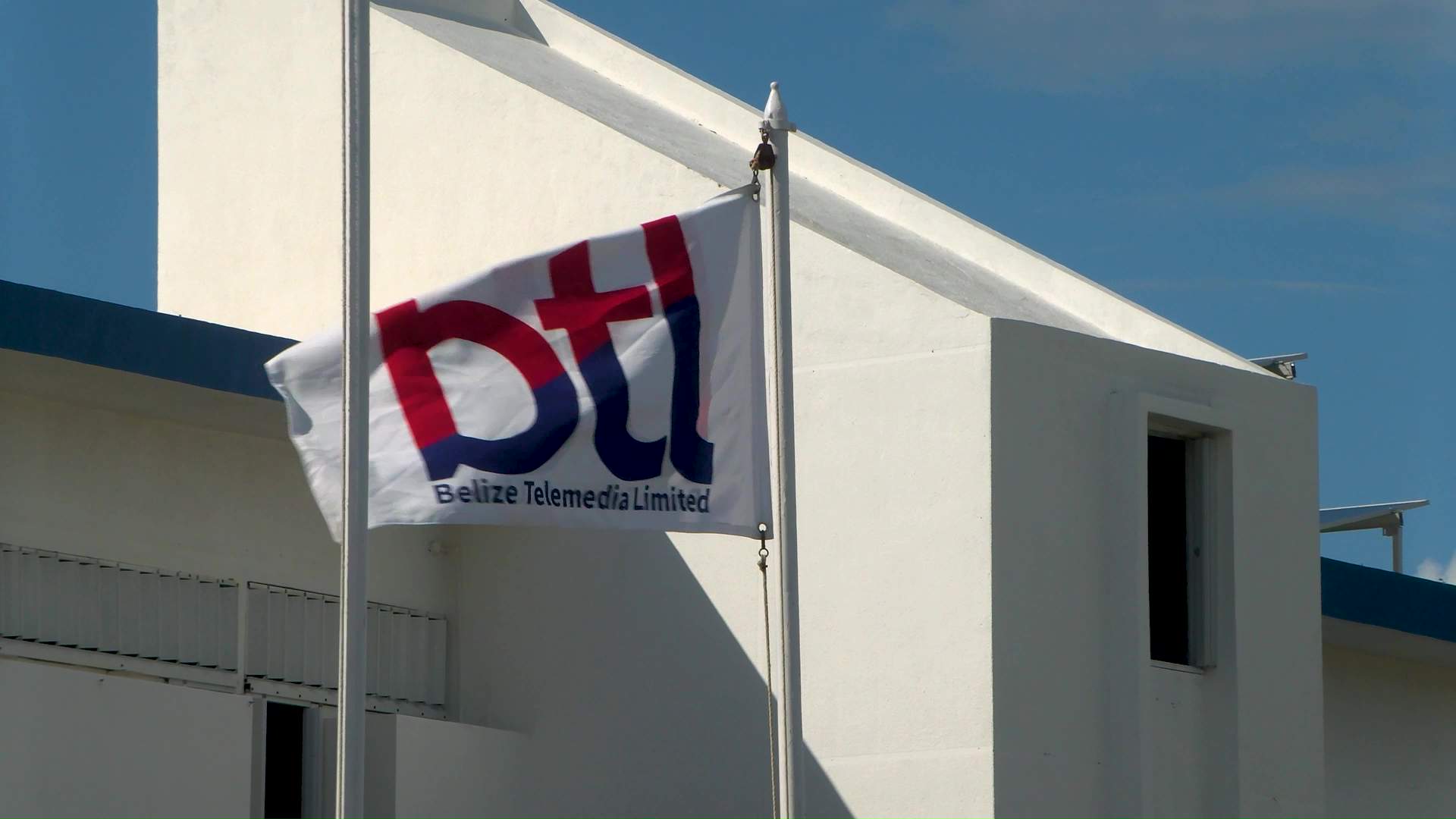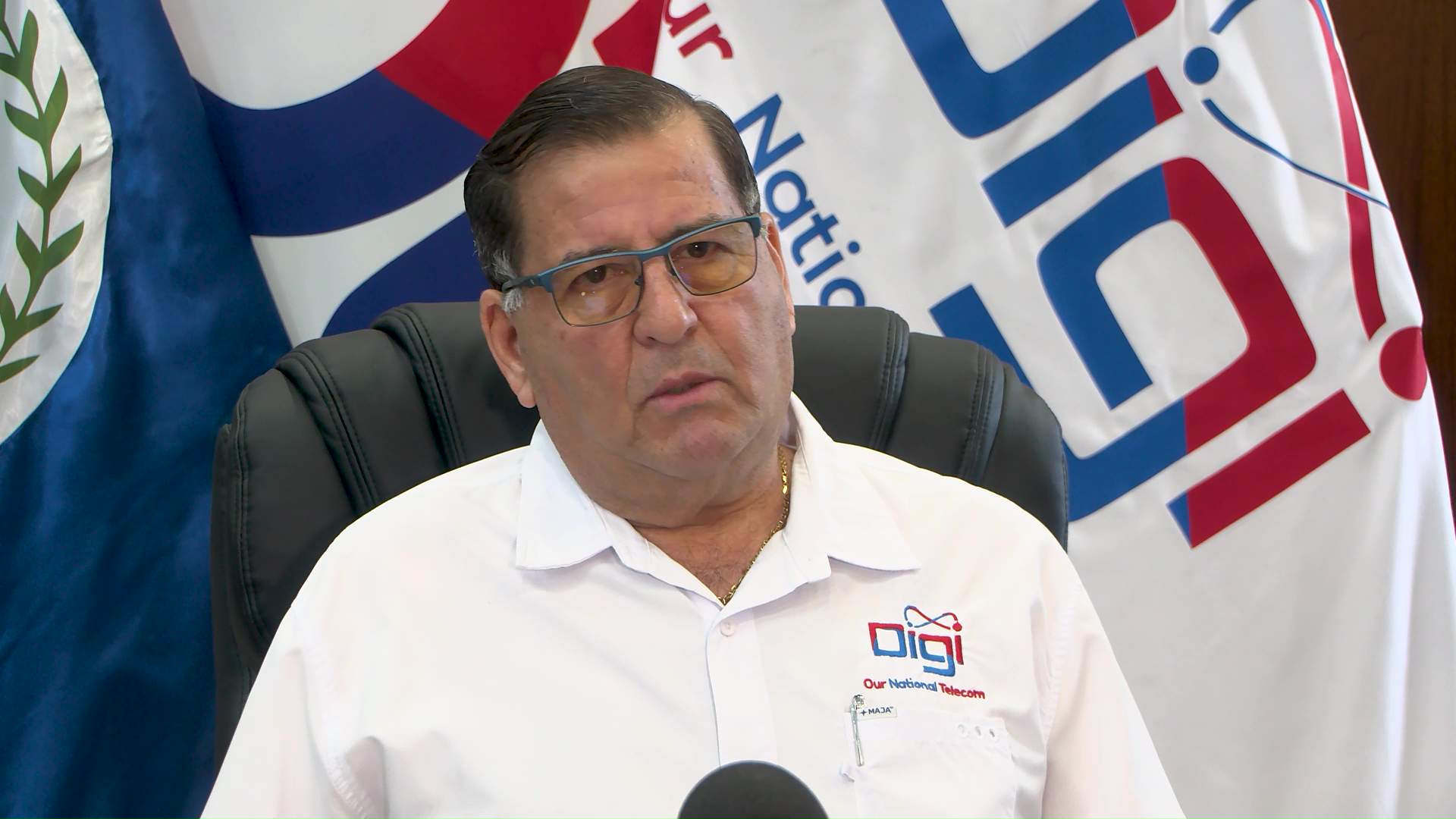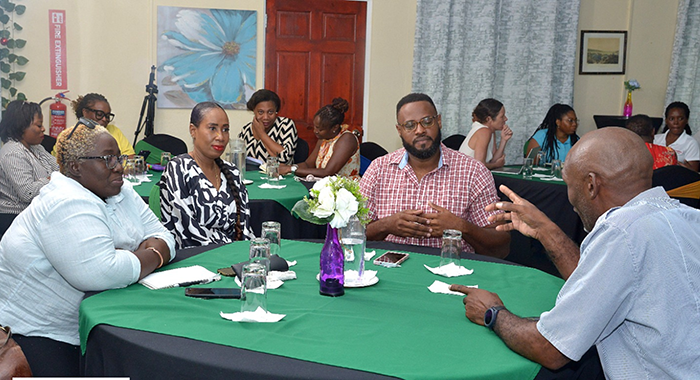A significant corporate governance crisis has emerged in Belize’s telecommunications sector following the resignation of Social Security Board Chair Chandra Nisbet-Cansino from the board of Belize Telemedia Limited (BTL). The resignation, confirmed by News Five on January 9, 2026, stems from opposition to a proposed acquisition plan that has triggered widespread concern about financial risk management and transparency.
The situation has escalated with the National Trade Union Congress of Belize (NTUCB) issuing strong warnings about the potential jeopardy to workers’ pension funds. With the Social Security Board holding a substantial thirty-six percent stake in BTL, the union body emphasizes that workers’ contributions should not be exposed to speculative ventures lacking proper valuation, transparency, and parliamentary oversight.
NTUCB President Ella Waight and General Secretary Timothy Dami revealed concerning details about their recent meeting with Prime Minister Briceño, noting that the acquisition plan was never discussed during their lengthy conversation. Both union leaders expressed frustration at the administration’s failure to address their concerns despite the significant implications for national pension funds.
The controversy deepened as BTL’s board meeting to consider the acquisition was reportedly deferred due to absent members, with indications that a second board member may have resigned following Nisbet-Cansino’s departure. Union representatives have highlighted the particular risk of acquiring what they characterize as ‘dying industries’ in the current technological landscape, with Dami questioning the logic of investing in cable services in 2025.
The NTUCB has formally demanded an immediate halt to acquisition proceedings, full disclosure of beneficial ownership, and a transparent national consultation process. The organization has already begun mobilizing its membership in response to what it perceives as a threat to the financial security of Belizean workers.









